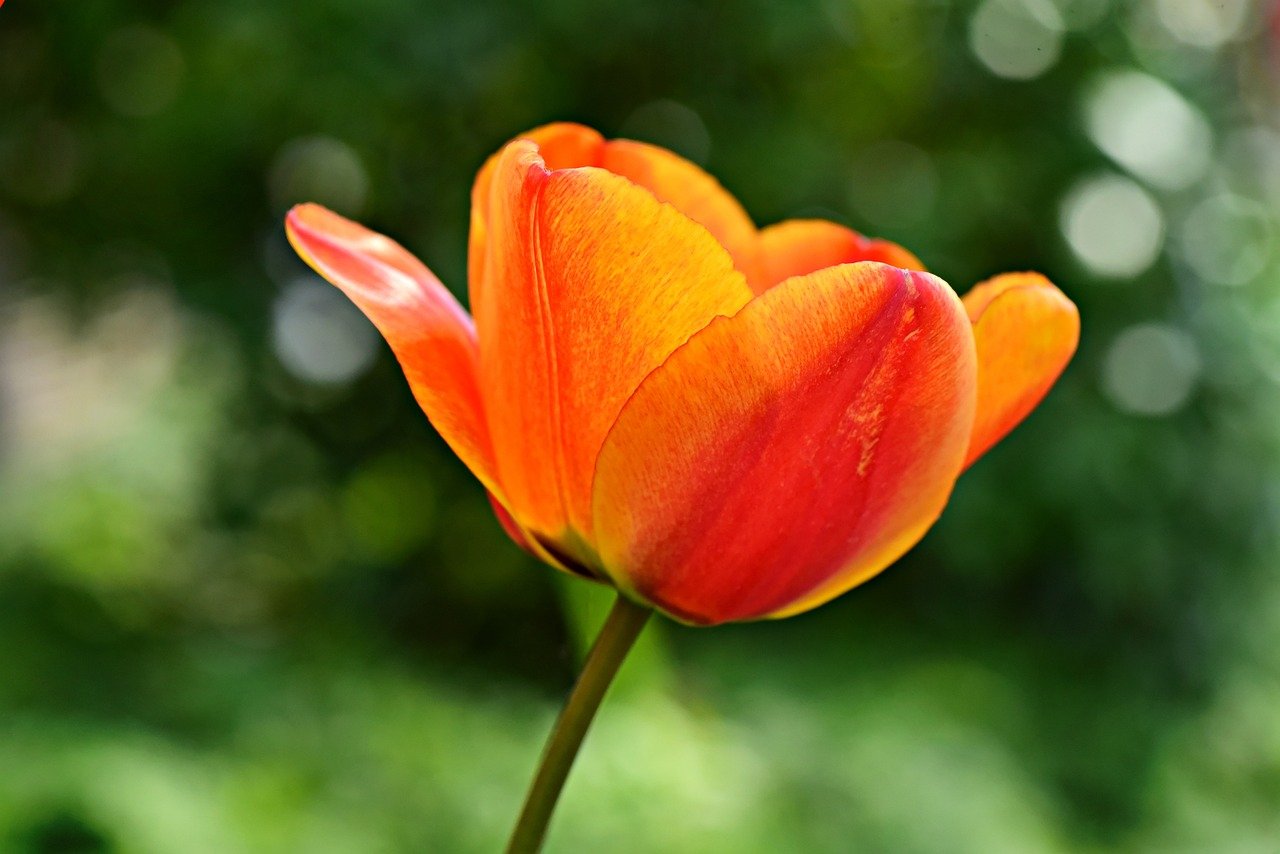While flowers such as roses, lilies, and tulips are renowned for expressing love and on Valentine’s Day, some can also lead to potentially fatal health complications if ingested by cats or dogs.
Trusted Housesitters worked with vets to learn about the biggest risks to pets, encouraging pet owners to thoroughly check the contents of any floral arrangements they bring into their homes this Valentine’s Day, as even the filler in a bouquet can be deadly.
- Lilies
According to the Pet Poison Helpline Toxin Trends dashboard, lilies were the most common toxin cats were exposed to on Valentine’s Day in 2023.
While lilies may be stunning to look at, these are a definite no for anyone with a pet. Certified vet Amanda Takiguchi, DVM, explains, “A common flower that veterinarians warn cat owners against is lilies. Even eating a small amount of this flower can cause deadly kidney failure in cats. Multiple species of lilies are toxic to cats, so it’s best to avoid lilies altogether.”
“Whilst similar in name, Lily of the Valley flowers do not cause acute kidney failure like true lily species. Regardless, Lily of the Valley flowers are highly toxic to both dogs and cats. If ingested, this flower can cause seizures and dangerous abnormalities in heart rate and rhythm.”
- Daffodils
Daffodils are extremely poisonous for many pets, including cats and dogs. Your canine or feline friend will experience severe vomiting and health concerns if they ingest any part of a daffodil, but the bulb is particularly poisonous.

- Hydrangeas
The leaves, flowers, and buds of the hydrangea plant contain a chemical known as amygdalin. If your dog ingests this popular plant, they are likely to encounter a seriously upset stomach and possible side effects like a high heart rate, high temperature, and vomiting.
- Tulips
Tulips are extremely toxic to both dogs and cats. The toxin is concentrated in the bulbs, but all parts of the plant can be harmful, and ingestion can cause drooling, loss of appetite, vomiting, central nervous system depression, and even cardiac abnormalities.
- Carnations
An extremely popular Valentine’s Day flower, carnations contain natural toxins that may cause mild gastrointestinal signs like vomiting and diarrhoea, as well as mild dermatitis in some dogs and cats.
Pet-Friendly Valentine’s Day Flowers

Pet owners are advised to opt for pet-friendly flower alternatives this Valentine’s Day and ensure that the traditional flowers are placed out of reach of their pets. Roses, while not outright toxic, can still pose a threat due to their sharp thorns potentially causing injuries to a pet’s mouth, throat, or paws, so be sure they are placed out of reach as well.
For safe, pet-friendly flower options this Valentine’s Day, opt for bouquets with the following florals:
- Sunflowers
- Petunias
- Pansies
- Marigolds
- Snapdragons
- Violas
- Freesia
- Orchids
If you suspect that your pet has ingested any part of a toxic plant, it’s vital to get them to a vet as soon as possible. By being mindful of these potential hazards, pet owners can help ensure that Valentine’s Day remains a celebration of love and affection rather than becoming a day of emergency vet visits.
This is a guest post by Trusted Housesitters. Want to write for us? Visit www.dogstodaymagazine.co.uk/essay-submission or email editorial@dogstodaymagazine.co.uk





